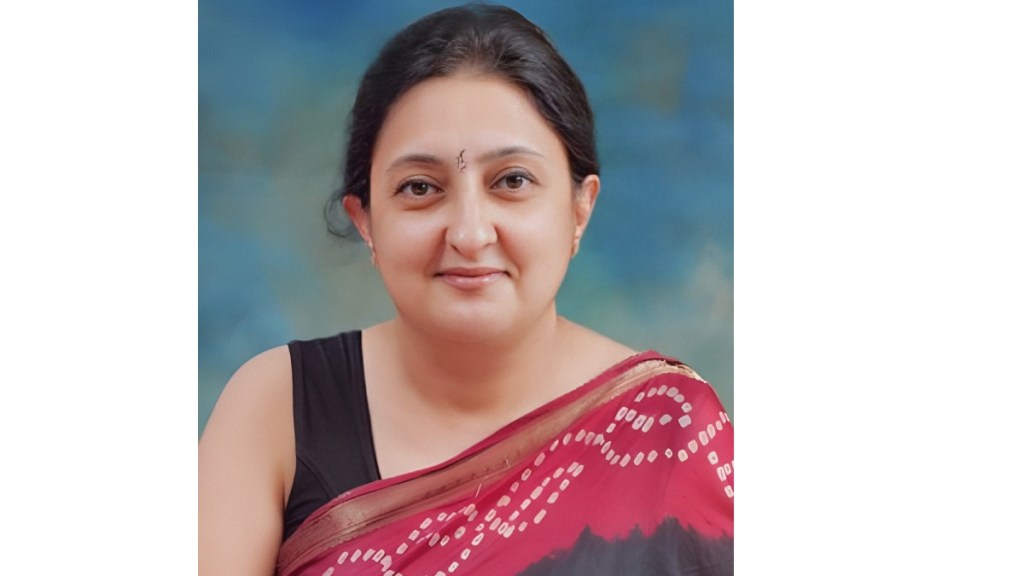Natasha Mehta, head of academic research and development at Lighthouse Learning Pvt. Ltd, shares his views on opportunities and challenges of the education system in India with FE Education Online.
What is the best thing about today’s education system?
One of the greatest things about today’s education ecosystem is the concerted thought, time and effort that is being put into the learning landscape by educators, education scientists, institutions, thinkers, technologists, and policy makers. Never before have we witnessed such inter-connectedness. There is a strong emphasis on learning that builds on, and goes beyond information access. Conversations around, and some steps towards, cross-disciplinary and collaborative learning that places a high value on research and inquiry has finally gained its place under the Sun, in school systems as well. Technology enables us to learn quickly, and sometimes, in real time, from experts across the globe. This is truly wonderful not just for educators but learners as well. Education is no longer limited to only academic and co-curricular pursuits. Rather, it involves dynamic conversations, collaboration, and the ability to engage in research and innovation and learning constantly. It is a great time to be a student.
What is the one thing you would like to change in the system?
All progressive, well-informed K-12 systems of education place great emphasis on the holistic personality development of a child through various opportunities such as co-curricular activities, competitions, events, providing various experiences to showcase and nurture the innate talent of children and to sports, along with academic rigour. Schools design and implement programmes that provide for the development of physical, creative, aesthetic and mental faculties. Parents too are focussed on a well-rounded education. Children spend many hours during their school journey on these non-academic pursuits as well. However, to pursue higher education in India, only academic achievement is recognised and no credit is given to these achievements and aspects of the educational journey of the students. This could be one welcome change in India’s higher education system. This is especially important keeping in mind the fluidity of the future of the workforce and the stress on skills that are critical to imbibe now.
What is the role digital has played in the evolution of the education system?
The integration of technology has opened a world of opportunities for children. They can now receive more adaptive and focused interventions, which benefit their learning journey. Through various gamified platforms, digital tools and resources, children can be engaged in academic subjects in a fun and interactive manner. While technology has enabled personalised and differentiated learning for students, which can be very challenging otherwise, it has also helped to keep the parents well-informed. Most importantly, there is an amazing set of tools and programmes, which if used wisely and diligently, can increase the efficiency of the teacher and free up their time for direct, individualised work with the students. Digital universe allows us to learn in different ways, at our own pace, in our own spaces and if used prudently, can be a fantastic accelerator of learning.
What has been the disadvantage of digital in education?
As with any other resource, programme or system, over-use can lead to some weariness as saturation sets in. With over-exposure to digital games, apps and platforms, children are beginning to feel tired with the amount of screen time they are being subjected to. The pandemic, as well all know, accelerated digital development and its use in schools, and also exponentially increased the exposure of students to technology in education. We often now see that this concentrated exposure is leading to disinterest and digital fatigue, in academic work, especially in young children. There is parental concern in this regard as well. If the digital tools being used are designed only for passive reception, they create more harm as the students are not actively engaged. There are reports of an increase in mental health issues in young children. Sifting through the massive inundation of digital resources is a mammoth task, and sometimes, due to lack of time, students could be exposed to learning resources that may not be very high quality or specifically address their learning objectives.
What is the career advice you would like to give to students?
The world is changing at a rate which is faster than ever before. The ability to adapt to these changes is a way of life now. Focussed academic learning will never be redundant. But skills have become and will continue to become more and more important. Students who love to know what’s happening in the world around them, in sports, arts, economy, trade, politics, sustainability and so on, will flourish in the future. Having the ability to work in groups, communicate coherently and explicitly, solve problems creatively and be respectful, kind and empathetic are now necessary abilities. I think the future is going to be wonderful, full of incredible opportunities, and students must embrace and see every change as an opportunity to learn something new and exciting.


